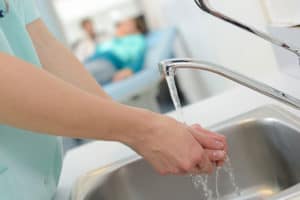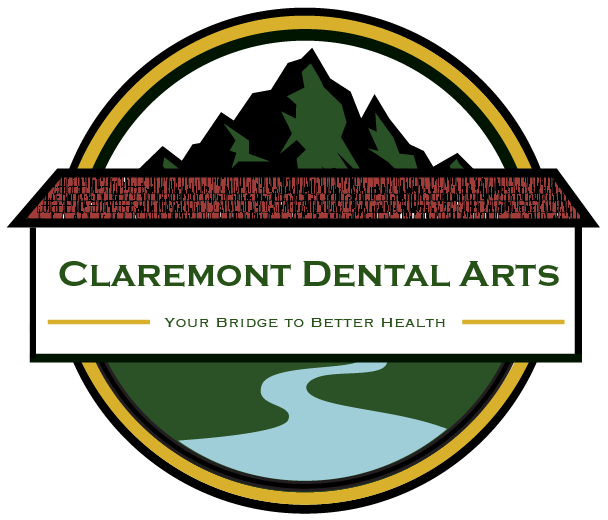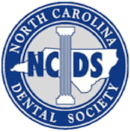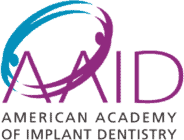
December is National Handwashing Month, which seeks to educate us all as to the importance of regular handwashing and the role it plays in health and hygiene. Due to the COVID pandemic, we’re all especially aware this year of the importance of handwashing in preventing the spread and transfer of disease. However, did you know that handwashing has close ties to oral health and that keeping your hands clean does a lot to keep both you and your teeth healthy?
First, let’s talk about handwashing as a whole. The CDC recommends a five-step approach to handwashing, which they outline on their website. It’s a good set of guidelines to follow when washing your hands, each and every time:
- Wet hands first with water (do not use hot water)
- Apply soap to hands
- Rub hands vigorously for at least 15 seconds, covering all surfaces of hands and fingers
- Rinse hands with water and dry thoroughly with a paper towel
- Use a paper towel to turn off the water faucet
This is the correct way to wash your hands and should be performed regularly. But how often should you wash your hands and when should you do it? Once again the CDC offers some guidance. In brief, you should wash your hands whenever they get dirty, before eating or drinking, and immediately after you sneeze or cough into your hands. The latter, incidentally, isn’t recommended–most medical professionals suggest sneezing or coughing into your sleeve or a handkerchief instead.
During the COVID pandemic, hand sanitizers have seen a surge in popularity. While the use of hand sanitizers is proven to cut down on the risk of disease transmission, it’s likewise important to know how to use them properly. The appropriate way to use hands sanitizers goes like this:
- Dispense the recommended amount of product
- Apply product to the palm of one hand
- Rub hands together, making sure that all surfaces of hands and fingers are covered until they are dry (no rinsing is required)
This ensures that the hand sanitizer can do its job by killing off microorganisms over the entire hand. Any missed surface is a place for unwanted organisms to grow, so a thorough scrubbing with hand sanitizer is a must if it is to work properly.
With that out of the way, let’s talk about the importance of handwashing in oral health. Many oral health problems are caused by bacteria or other microorganisms, which can be introduced to the mouth in a number of ways. Some are naturally occurring, some come in from outside, and for the latter dirty hands are the primary vector for transmission. This is especially true for small children, who love getting their hands dirty almost as much as they love putting them in their mouths! By keeping your hands clean and teaching your little ones to do the same, you can greatly cut down on your risk of both illness and oral infection.
With a vaccine coming soon, it’s likely that the pandemic will fade over the course of 2021. However, the importance of handwashing both in general wellbeing and in oral health will remain. Take this time to build good habits and then maintain them–your future self will thank you!




